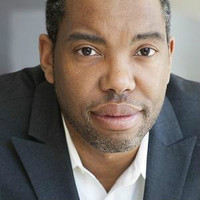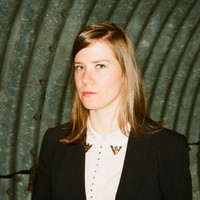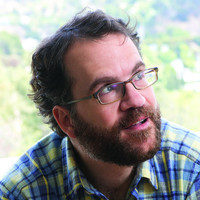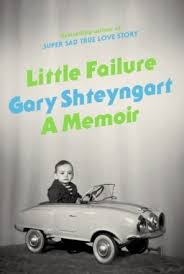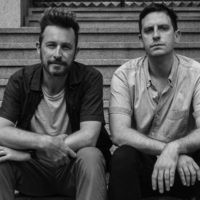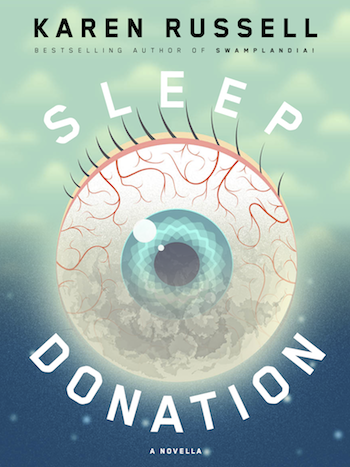An Interview With Mahmoud Ahmadinejad
N.K.: So when you saw the photo of Neda Soltan, what did you think? M.A.: It was incredibly sad, due to many reasons. First we have proof that that scene was staged, and she was killed later, at a later point. This footage was shown for the first time by BBC. Our security officers and officials had no information of such a thing. but if BBC makes the complete footage from beginning to end available to us, we will analyze it, we will research it because we do search for those who are truly guilty of murdering this young lady. And also, a scene fairly close to this—almost a photocopy I would say—was repeated previously in a South American country—in a Latin American country. this is not a new scene. And they previously tell those who are due to participate, they tell them that “you will be participating in making a short footage, a short movie, a short clip.” After their participation is finished they take them to some place and they kill them. If BBC is willing to broadcast this film, this footage in its entirety, any viewer would be able to distinguish whether it is as we say or it is as they maintain.
